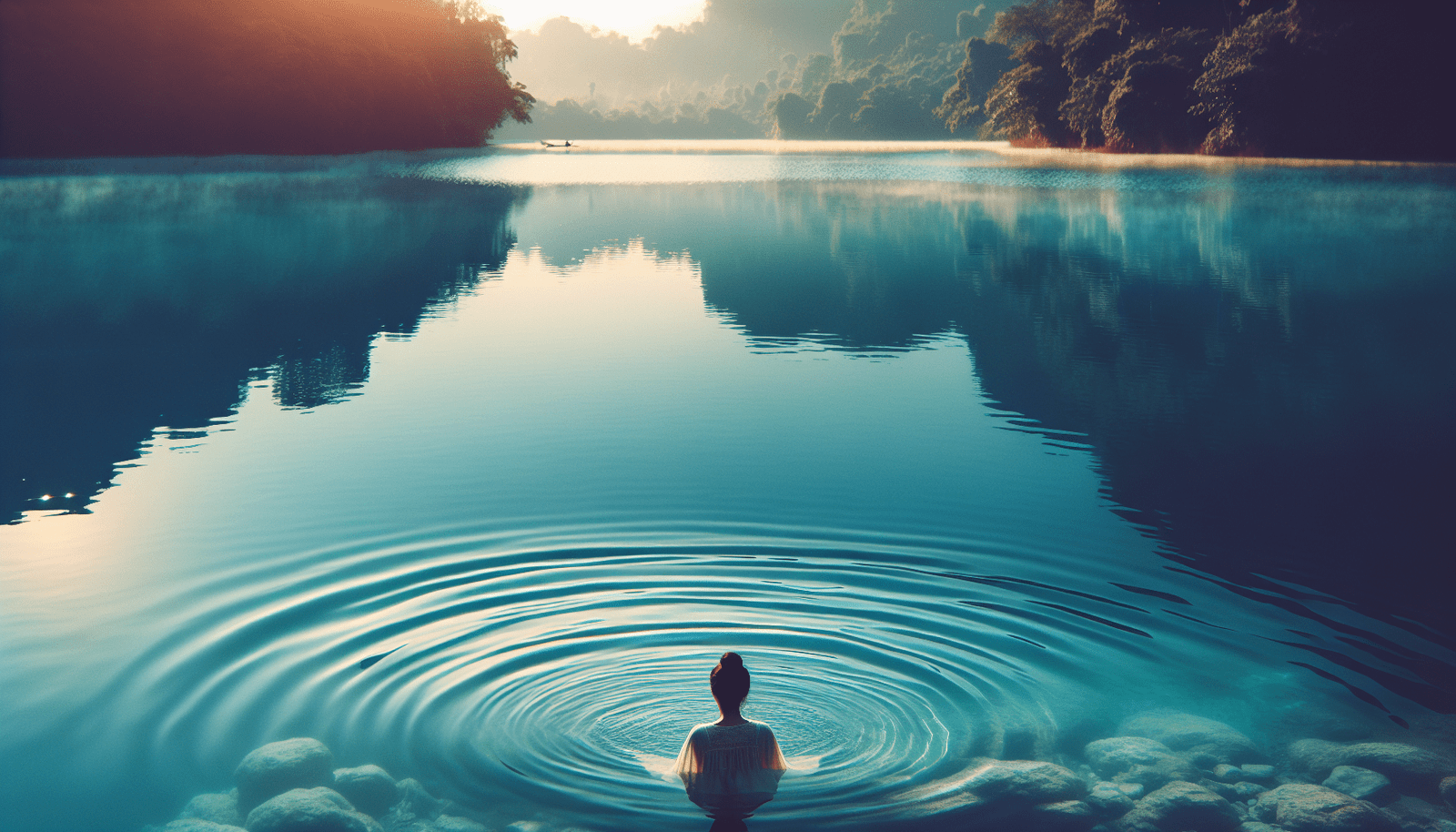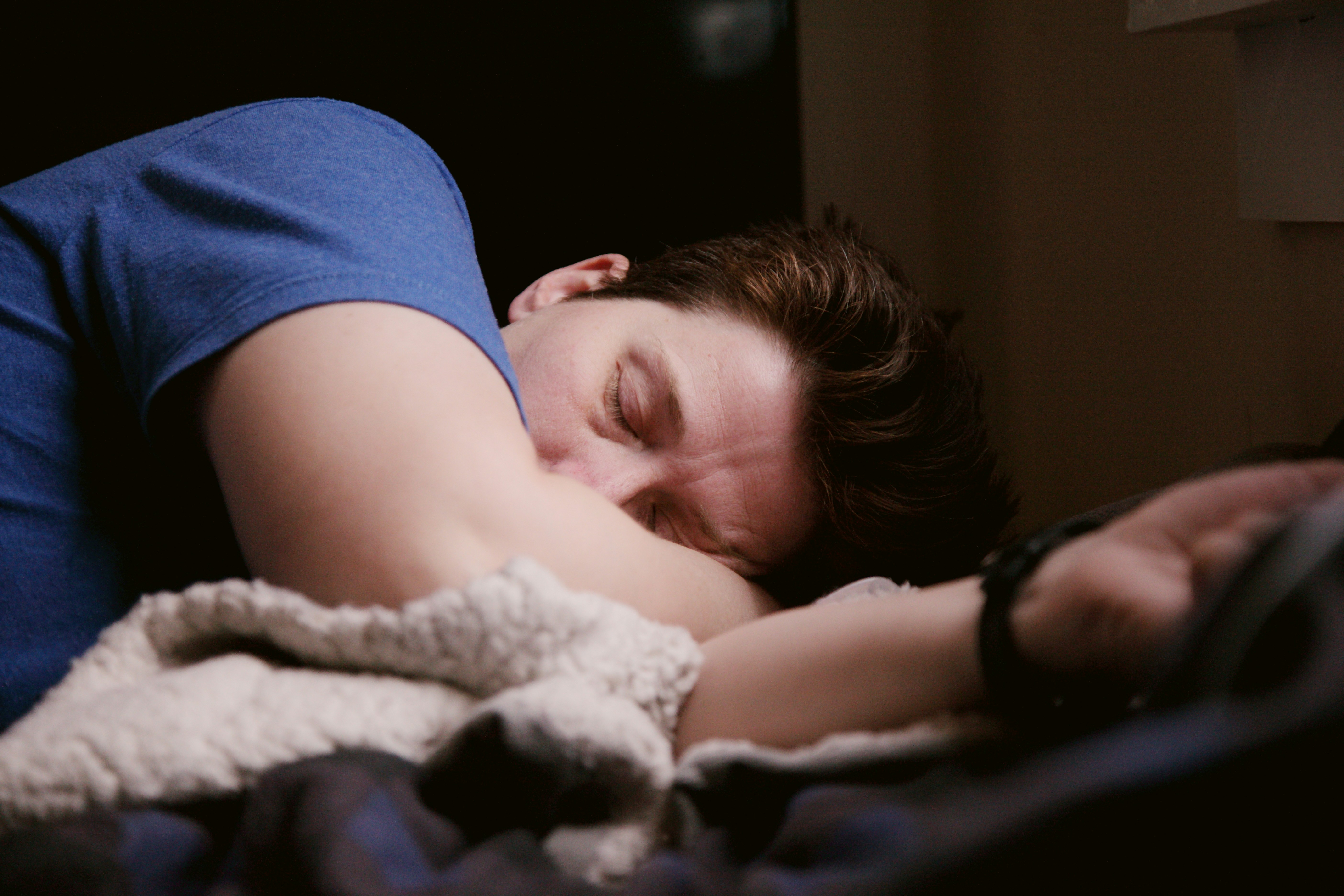Have you ever wondered how immersing yourself in cold water might affect the way you sleep? The idea might sound a tad unconventional at first, but many people, experts included, have been exploring the potential benefits of cold water immersion on sleep quality. You might be curious about how this method not only rejuvenates your body but also enhances your ability to rest deeply.
Introduction to Cold Water Immersion
Cold water immersion involves submerging yourself in cold water for a certain period of time. This practice has been gaining popularity among athletes, wellness enthusiasts, and now, even among those seeking better sleep. It’s not just about taking a cold shower but immersing your entire body, which leads to a cascade of physiological and mental benefits.
Historical Context and Growing Popularity
Historically, cold water therapy dates back centuries and has been used in numerous cultures. Scandinavian countries have long embraced cold baths followed by sauna sessions. More recently, it’s become a trend in biohacking circles, aiming to enhance physical and mental performance. This rise in popularity isn’t just about following a fad—there are compelling benefits behind this practice.
The Science Behind Cold Water Immersion
Understanding how cold water immersion positively affects your body is crucial to grasping its impact on sleep quality. When you immerse yourself in cold water, your body undergoes several physiological changes. Let’s discover these changes that might just help you get a better night’s sleep.
Physiological Responses
When your body is exposed to cold water, a survival response is triggered. Blood vessels constrict to maintain core warmth and your heart rate might increase to pump blood more efficiently. This vasoconstriction leads to improved circulation and potentially increases in levels of norepinephrine—an effect that could aid in enhancing your alertness and ability to manage stress.
Endorphin and Stress Response
Cold water immersion brings a flood of endorphins, which are the body’s natural painkillers. The practice is thought to reduce the levels of cortisol, the stress hormone, providing a natural lift in mood and inducing a calming effect—a potentially perfect setting for easing into a restful sleep.
Impact on the Nervous System
Submerging in cold water might stimulate the vagus nerve, a critical part of your parasympathetic nervous system. This stimulation can lead to a decrease in heart rate and an increase in heart rate variability, fostering a state of relaxation conducive to sleep.
How Cold Water Immersion Facilitates Sleep
Now that we know how cold water immersion impacts your body physiologically, let’s see how this translates to improved sleep quality. It turns out, a few key mechanisms may connect this practice directly to better rest.
Temperature Regulation and Sleep
Your body’s internal temperature plays a significant role in sleep onset and quality. Normally, your core temperature decreases to initiate sleep. Cold water immersion can accelerate this decline, helping you fall asleep more quickly and deeply.
Mental Clarity and Stress Reduction
Post-immersion, many people report a profound sense of mental clarity and reduced anxiety. The calming effects induced by the reduced stress hormone levels make it easier for your mind to settle, potentially leading to enhanced sleep quality.
Practical Tips for Implementing Cold Water Immersion
If you’re intrigued and considering incorporating cold water immersion into your routine, you might want some practical guidance on how to do it safely and effectively. Here are some friendly tips to get you started:
Safety Precautions
-
Start Slow: Begin with shorter durations to allow your body to adapt.
-
Keep it Cool, Not Freezing: Aim for water temperatures around 50–59°F (10–15°C).
-
Listen to Your Body: If you feel excessively uncomfortable or dizzy, it’s best to stop.
Recommended Routine for Beginners
Consider starting with a brief immersion of 1-2 minutes. Gradually increase to 10-15 minutes as you grow accustomed. Some find that ending the practice with moderate temperatures offers a gentle transition back to warmth.
Timing and Frequency
For sleep, try immersing in cold water 1-2 hours before bedtime. This gives your body time to regulate and sets the stage for an easier wind-down process.
Additional Lifestyle Tips to Enhance Sleep
Although cold water immersion can be a powerful tool, combining it with other sleep-enhancing practices might yield even better results.
Healthy Sleep Hygiene
-
Consistent Sleep Schedule: Try maintaining regular sleep and wake times, even on weekends.
-
Relaxing Bedtime Routine: Establish calming pre-sleep rituals, such as reading or meditating.
-
Comfortable Sleep Environment: Ensure your sleeping space is cool, dark, and free from disturbances.
Nutrition and Hydration
Certain foods, like those rich in tryptophan, can aid sleep. Balanced hydration is key, but try to limit large intakes of fluids before bed to avoid nocturnal awakenings.
Exploring Potential Risks and Considerations
While cold water immersion offers many benefits, awareness of potential risks ensures a safe experience. Certain medical conditions can make cold immersion less suitable.
Who Should Avoid Cold Water Immersion?
Individuals with cardiovascular issues, severe asthma, or certain skin conditions may need to avoid or adjust their approach to cold immersion. Consulting with a healthcare provider is always advisable before starting such practices.
Signs to Halt the Practice
If you experience numbness, persistent shivering, or any sign of hypothermia, it’s crucial to exit the water and seek warmth immediately.

Testimonials and Anecdotal Evidence
Many individuals who’ve tried cold water immersion report significant improvements in their sleep quality. Their stories of success might inspire you to explore how this method could fit into your life.
Personal Experiences
A growing number of people have shared their positive experiences with cold water immersion. For some, it’s their go-to relaxation method, offering clarity and improved sleep. Reading or listening to these stories might resonate with you and provide encouragement.
Scientific Studies and Research
As research into cold water immersion and sleep quality grows, understanding scientific findings can provide more clarity on potential benefits.
Current Studies
Studies have indicated that regular cold water immersion can enhance mood, reduce stress, and improve sleep quality. While more extensive research is forthcoming, existing evidence points toward significant benefits.
Areas for Future Research
While promising, this field still requires more comprehensive studies to fully understand all the benefits and mechanisms at play. Researchers are keen on exploring long-term impacts and variations across different populations.

Conclusion: Embrace the Chill
Incorporating cold water immersion into your life might be worth considering as you strive for better sleep. The potential benefits—ranging from improved circulation and stress reduction to enhanced mood and sleep quality—make a compelling case for the practice. As you weigh the decision, consider how a bit of chill could transform not just your nights but your overall well-being.
In the end, the journey toward improved sleep—whether through cold water immersion or other practices—is personal and unique to everyone. If the thought of taking the plunge excites you, there’s a whole world of experimentation and potential benefits waiting to be explored.




